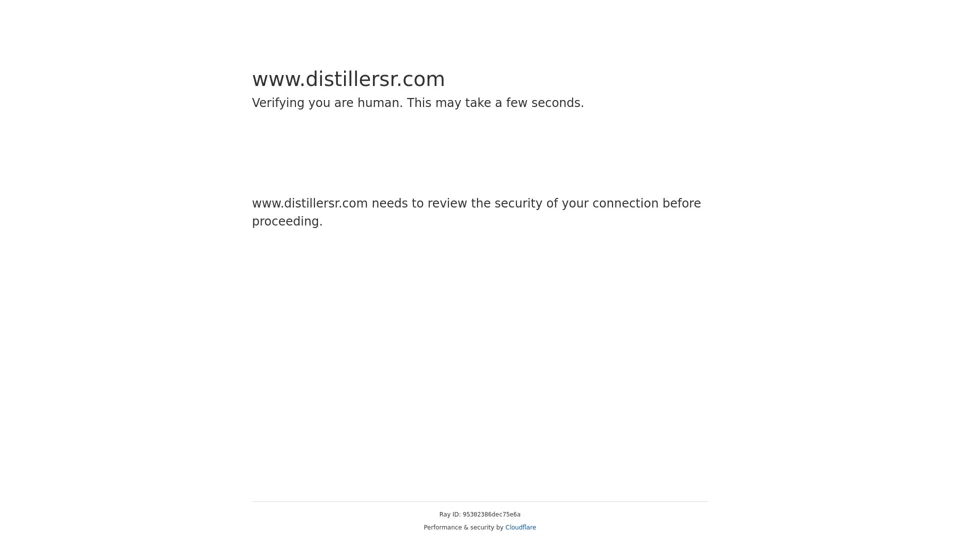Overview
DistillerSR is an advanced software platform designed specifically for conducting systematic and literature reviews. It is built for researchers, academics, and professionals in fields like medicine, pharmaceuticals, and public health who need to synthesize evidence from a large body of research. The platform automates every stage of the review process, from managing references to data extraction. The core value of DistillerSR is its ability to make the rigorous and time-consuming process of a systematic review faster, more accurate, and more transparent.
Product Features
- The platform automates the management of literature, including duplicate detection and the ability to import references from multiple databases.
- It provides a structured environment for dual-reviewer screening and conflict resolution, which is a cornerstone of the systematic review methodology.
- A key feature is its use of AI to prioritize references and assist with screening, which can significantly reduce the time spent on manual review.
- It offers highly configurable forms for data extraction and risk of bias assessments.
- The service maintains a complete, 100% auditable trail of every action taken during the review, ensuring transparency and regulatory compliance.
Use Cases
- A university research team can use the platform to conduct a large-scale systematic review for publication in an academic journal.
- A pharmaceutical company can manage the literature reviews required for a regulatory submission to agencies like the FDA.
- A medical device company can use it to maintain a "living review" of the literature related to their products, with automated updates.
- A public health organization can produce evidence-based clinical practice guidelines more efficiently.
User Benefits
- It can reduce the time required to complete a systematic review by up to 50%.
- The platform significantly improves the accuracy and reduces the risk of human error in the review process.
- It produces transparent, defensible, and audit-ready results that meet the highest research standards.
- It streamlines collaboration between large, distributed research teams.
- By handling the administrative burden, it allows researchers to focus more on analysis and evidence synthesis.
FAQ
- What is a "systematic literature review"? It is a highly rigorous and structured research method for identifying, appraising, and synthesizing all the relevant research on a specific topic. It is considered the gold standard for evidence-based research.
- Is this tool only for medical research? While it is heavily used in health sciences, its methodology can be applied to any field that requires a rigorous and transparent review of existing literature.
- How does the AI help in the review process? The AI can be trained to recognize relevant studies based on the researcher's initial screening decisions. It can then automatically prioritize the most likely relevant references for review and, in some cases, exclude clearly irrelevant ones, which dramatically speeds up the screening phase.
- Is it difficult to learn how to use? While a systematic review itself is a complex process, the software is designed to be intuitive and to guide users through the proper methodology. The company also offers extensive training and support services.
- How is this different from a reference manager like EndNote? A reference manager like EndNote is for storing and citing references. DistillerSR is a complete workflow platform that manages the entire systematic review process, including screening references by multiple reviewers, resolving conflicts, extracting data, and maintaining an audit trail, which a simple reference manager cannot do.
